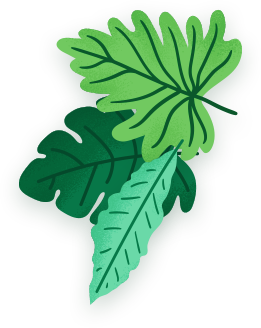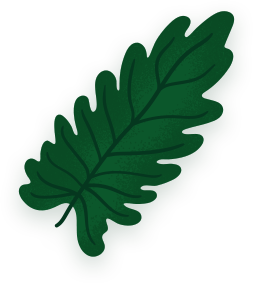Curriculum Progression
Our Early Years curriculum is designed to inspire, engage, and support all children in their learning journey. We believe in providing a motivating, inclusive, and responsive environment where children can thrive through child-led, open-ended play. Our goal is to foster a lifelong love for learning, respect, confidence, resilience, and curiosity.
Key Elements of Our Early Years Curriculum:
- Child-Centred Learning: We encourage children to explore, create, and make connections independently in a safe and stimulating environment. Resources are organized to be easily accessible to all children, supporting their natural curiosity and ability to learn through play.
- Holistic Development: We focus on developing children's executive function and providing key experiences that include expressing emotions, understanding a growth mindset, and exploring a variety of books. Activities such as storytelling, learning about the community, gaining confidence in water, and experiencing different languages enrich their development.
- Cultural Capital: Our curriculum is designed to break down cycles of disadvantage and open up possibilities for all children, ensuring they have access to high-quality interactions and vocabulary expansion. We use a 'you can do it' approach, encouraging independence and identifying additional support needs early to help every child thrive.
- Parent Collaboration: We value the involvement of parents and carers in their child's learning. Through tools like Tapestry and Dojo, we share and celebrate children's achievements and maintain strong connections with families.
- Inclusive Practice: Inclusivity is at the heart of our approach. We ensure that all children feel valued and can participate fully in their learning experiences. We use resources from the Anna Freud Centre to support mental health and well-being, recognizing that a child’s emotional state is foundational to their learning.
- Research-Led Approach: Our team stays current with best practices through continuous professional development, reflective discussions, and participation in Early Years forums and training. We promote a culture of curiosity and creativity, ensuring our curriculum evolves to meet the needs of our children.
Areas of Learning:
- Communication and Language: We use high-quality interactions and rich language environments to develop children’s spoken language, supporting their cognitive development and vocabulary growth through storytelling, role play, and regular reading activities.
- Personal, Social, and Emotional Development (PSED): Through strong relationships and a supportive environment, children learn to understand their emotions, build positive self-esteem, and develop social skills essential for their future.
- Physical Development: We promote active, healthy lifestyles with a focus on both fine and gross motor skills, using activities like ‘Funky Fingers’ and outdoor play to build strength, coordination, and dexterity.
- Literacy: Our approach integrates language comprehension and word reading, encouraging a love for books and storytelling. Children are supported to develop writing skills through a range of creative activities.
- Mathematics: We provide opportunities for children to explore numbers, patterns, and spatial reasoning through practical activities and play, using a mastery approach to build a solid mathematical foundation.
- Understanding the World: We broaden children’s knowledge of their community and the world through hands-on experiences, local trips, and exploration of diverse cultures and environments.
- Expressive Arts and Design: Creativity is nurtured through independent access to materials, music, dance, and role play. Children are encouraged to express their ideas and develop their artistic skills in a supportive setting.
Our Early Years curriculum is a dynamic and evolving framework designed to meet the needs of every child, preparing them for a successful and happy future. We believe in the power of a child-led, inclusive approach that celebrates the unique strengths and potential of each learner.



